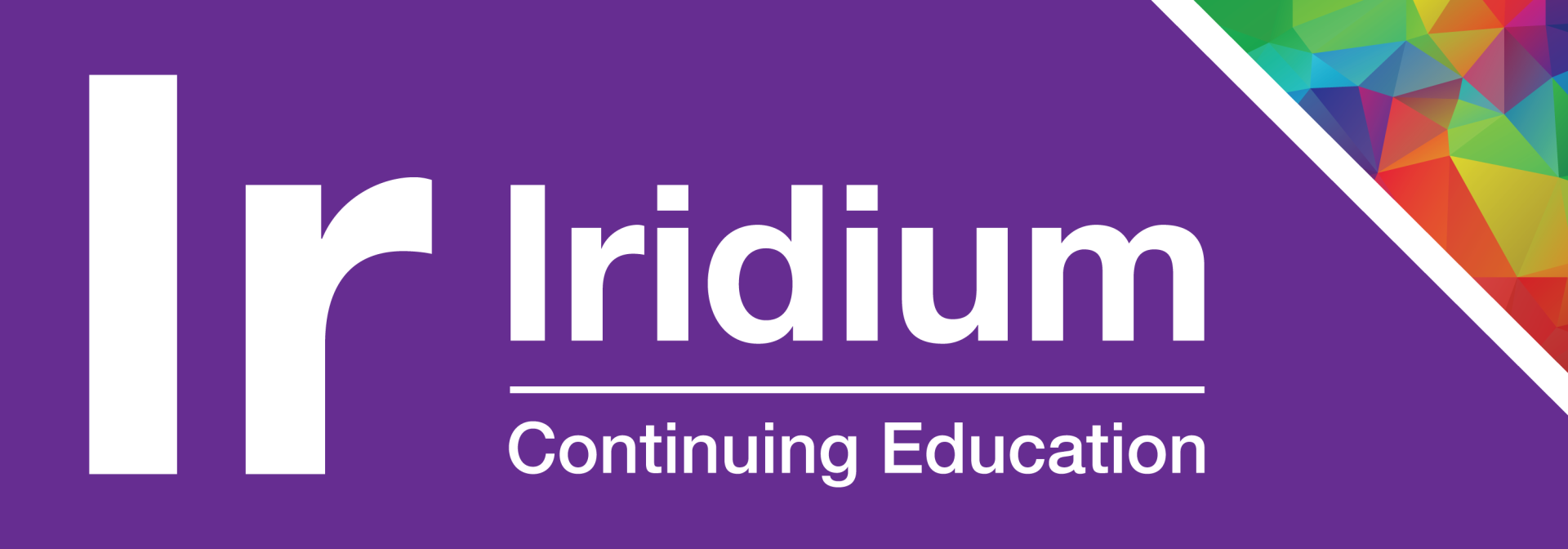In a recent podcast episode titled Addressing Treatment Disparities to Reduce Risk and Improve Cardiovascular Outcomes Among Women and People from Various Racial and Ethnic Groups, hosted by Scott Webb, two distinguished experts, Dr. Deepak L. Bhatt and Dr. Kevin C. Maki, shed light on the critical issues surrounding LDL-C lowering and its impact on cardiovascular health. Let's delve into the key takeaways from their insightful conversation.
Cardiovascular Disease Trends in the United States:
Dr. Maki opened the discussion by highlighting concerning trends in cardiovascular disease (CVD) mortality. Despite a historic decline, recent years have witnessed a reversal, with factors like obesity, type 2 diabetes, and inadequate LDL cholesterol management playing pivotal roles.
Women's Cardiovascular Health:
Dr. Bhatt emphasized the need for heightened awareness of CVD risk in women, who often face under-recognition and misperceptions, particularly in emergency settings. He outlined specific risk factors unique to women, including adverse pregnancy outcomes, early menarche, and hormonal influences, stressing the importance of integrating obstetric history into cardiovascular risk assessments.
Racial and Ethnic Disparities:
Dr. Maki highlighted disparities in CVD risk factors among different racial and ethnic groups. For instance, South Asians may exhibit higher rates of insulin resistance, while African Americans and Hispanic Latino Americans face elevated risks of hypertension and type 2 diabetes. Addressing these variations requires tailored approaches and awareness of social determinants of health.
Barriers to Optimal Management:
Both experts discussed barriers to optimal hypercholesterolemia management, including patient awareness, statin intolerance, and cultural barriers. Dr. Maki highlighted the need for expanded lipid-lowering strategies beyond statins, while Dr. Bhatt underscored the importance of addressing social determinants of health and cultural norms.
Healthcare System Interventions:
Dr. Maki proposed incorporating LDL cholesterol measurement and control as quality metrics within healthcare systems. This shift would emphasize individualized risk assessment and treatment, moving beyond a sole focus on statin therapy.
Closing Thoughts:
The podcast concluded with a call to action for healthcare stakeholders to prioritize awareness, education, and system-level interventions to address treatment disparities and improve cardiovascular outcomes among women and diverse racial and ethnic groups.
In conclusion, Dr. Bhatt and Dr. Maki's insights underscore the multifaceted nature of cardiovascular risk management, emphasizing the need for tailored approaches, increased awareness, and systemic changes to reduce disparities and enhance cardiovascular health for all.




